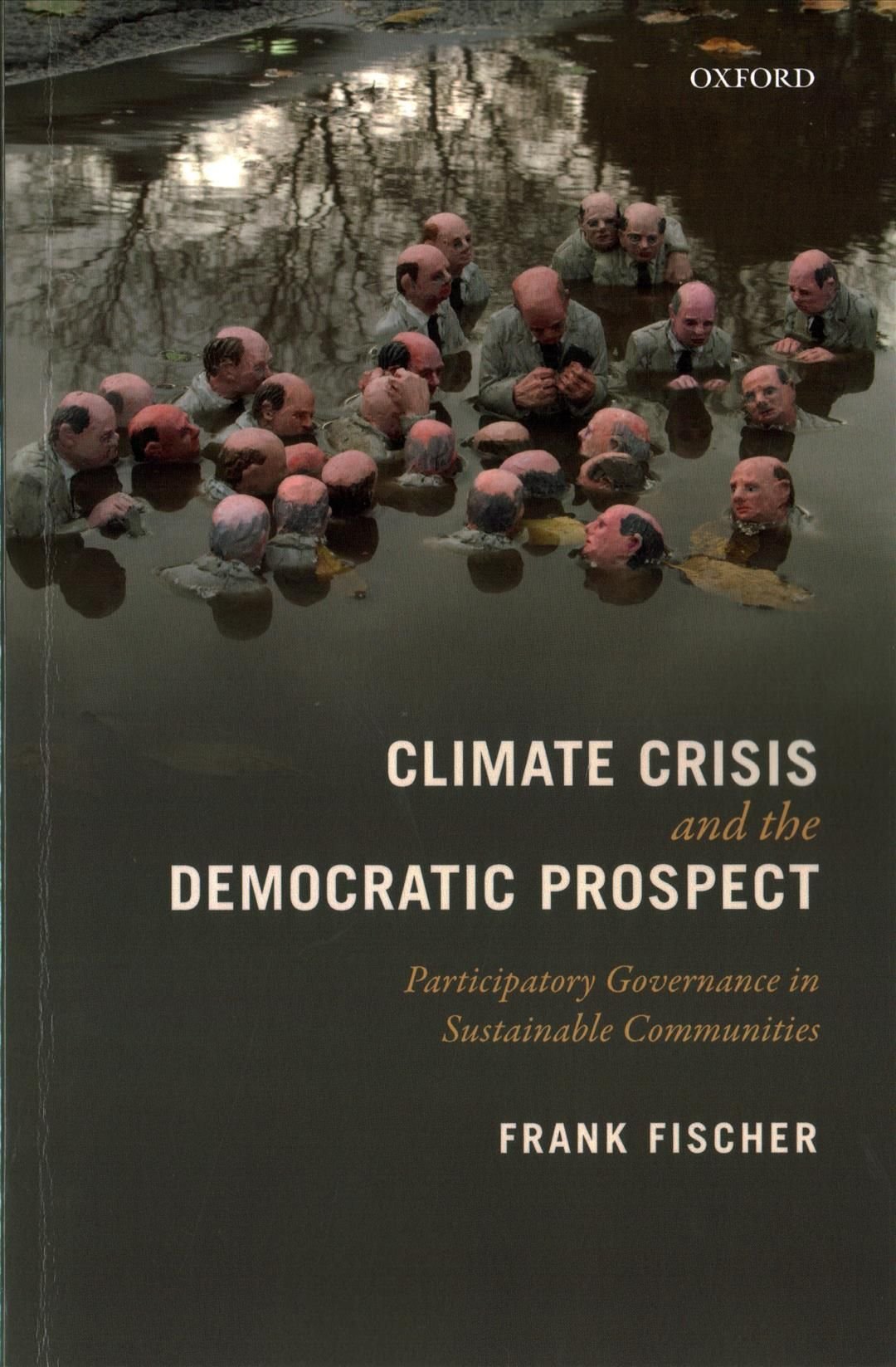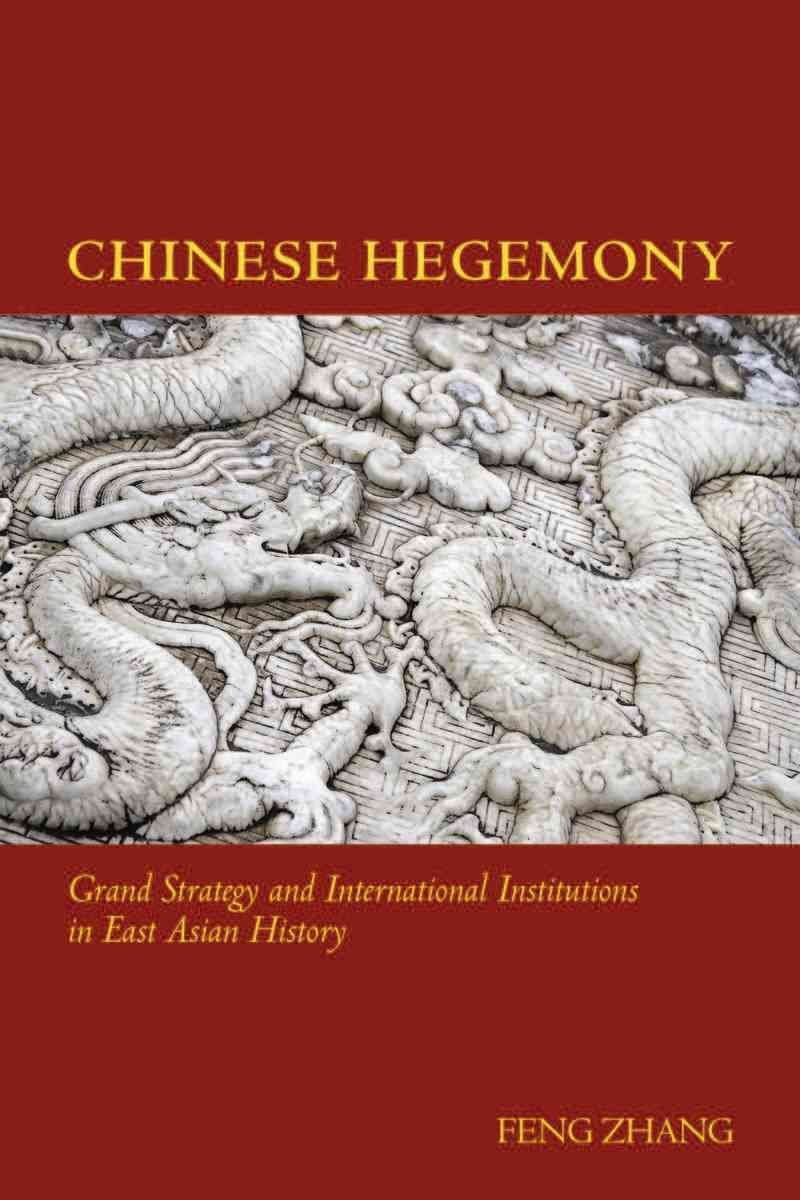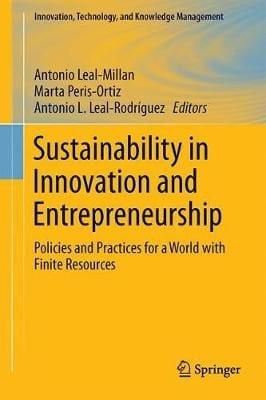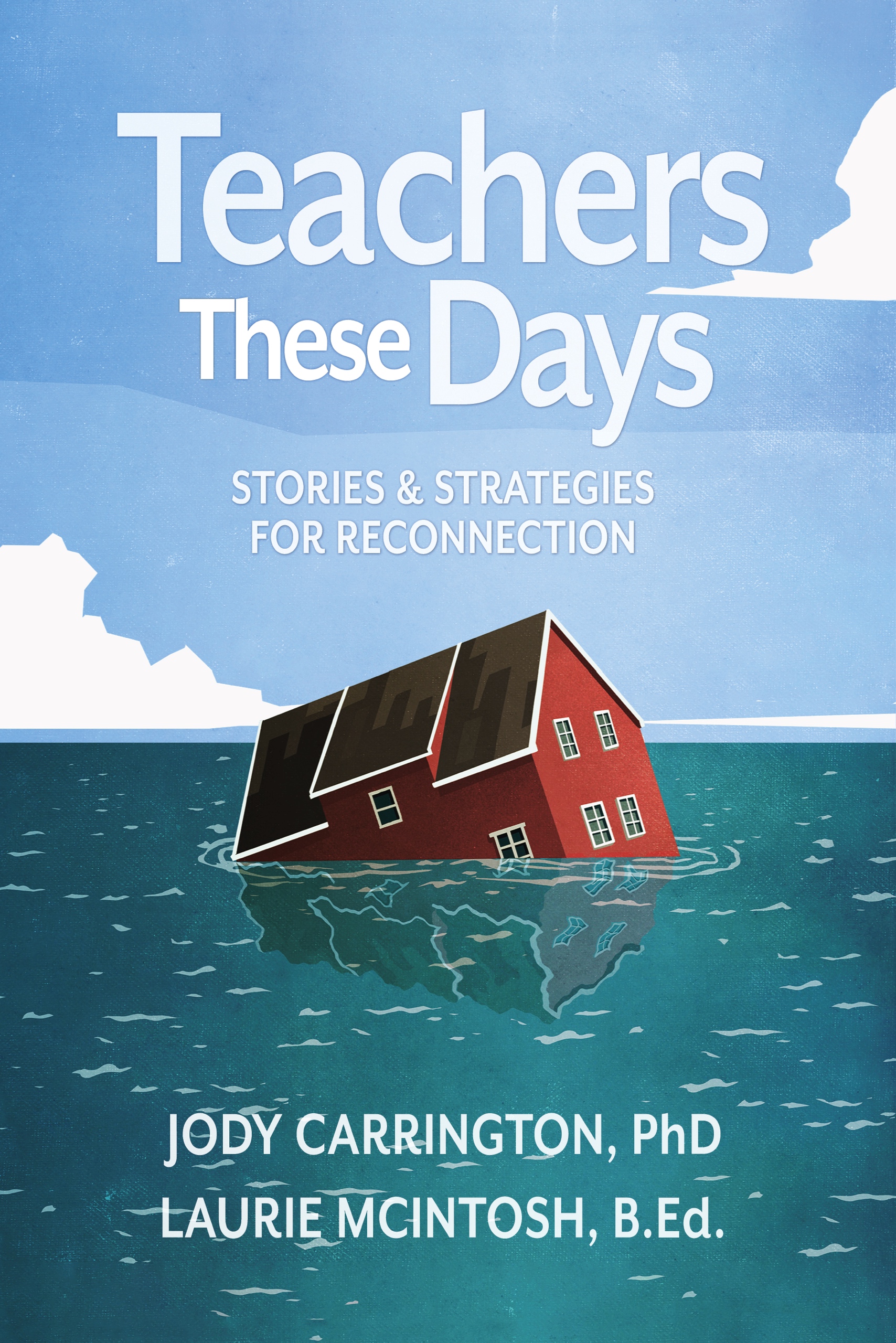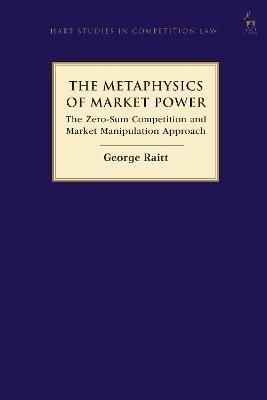Can contemporary democratic governments tackle climate crisis? Some argue that democracy has to be a central part of a strategy to deal with climate change. Others argue that experience shows it not to be up to the challenge in the time frame available-that it will require a stronger hand, even a form of eco-authoritarianism. A question that does not lend itself to an easy assessment, this volume seeks to out and assess the competing answers. While the book supports the case for environmental democracy, it argues that establishing and sustaining democratic practices will be difficult during the global climate turmoil ahead, especially in the face of state of emergencies. This inquiry undertakes a search for an appropriate political-ecological strategy for preserving a measure of democratic governance during hard times. Without ignoring the global dimensions of the crisis, the analysis finds an alternative path in the theory and practices participatory environmental governance embodied in a growing relocalization movement, and global eco-localism generally.
